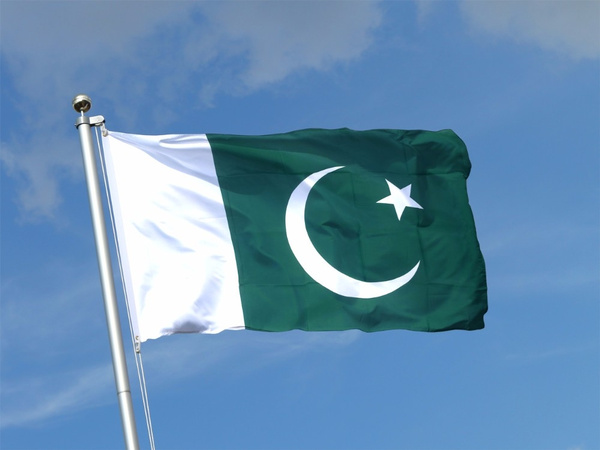
On the 75th Anniversary of Pakistan’s Independence, it is time to acknowledge the good, the bad, and the ugly. Pakistan was founded as the home for South Asia’ Muslims, but today they are divided among three different countries – India, Pakistan, and Bangladesh. Pakistan was founded to give rights to the Muslim minority, but it has ended up discriminating against every ethnic and religious and gender-based minority.
It is true that Pakistan has managed to survive despite being referred to often as failing state but is survival enough? Where is the prosperous, egalitarian society our founders had promised we would create. 75 years after independence, our literacy rate stands at 56%, while Bangladesh that became independent only in 1971 has a literacy rate of 78%.
As an editorial in Dawn notes, “The founding fathers had envisioned a welfare state where Muslims of the subcontinent could freely practice their faith and advance materially and culturally, and where adherents of other faiths could also live their lives as equal citizens. What transpired over the decades has been diametrically opposed to this noble vision, and sadly, given its present state, our founding fathers would struggle to recognize the country they had created.”
The country Pakistan came out of – India -and the country that came out of Pakistan – Bangladesh – are both democracies and while they are not perfect, they have managed to remain democracies with civilian supremacy. Pakistan’s democracy remains stillborn – the Pakistani people time and again vote for civilian political parties, but either through the military or the judiciary their choices are thwarted and set aside.
In the economic realm, instead of becoming a trading nation, Pakistan has become a rentier state – that rents its geo-strategic location to countries in return for economic and security aid and assistance. We have one of the lowest tax-to-GDP ratios, the economy remains a textile / cotton dependent one, and the agricultural sector has had no land reforms. Pakistan is currently in its 23rd loan from the International Monetary Fund (IMF) because successive governments have refused to implement structural reforms.
Finally, no country can move forward if it continues to view its largest neighbor – India – as an existential threat, refuses to trade with that neighbor, and continues to view radical Islamist groups to attain parity with that neighbor. Pakistan is a nuclear weapons power with a large military – there is no need for us to be paranoid about our security.
For the next 75 years to be better, Pakistan needs to invest in human capital not military, in reforming the economy not buying more weapons, and opening trade with all its neighbors.
![]()





